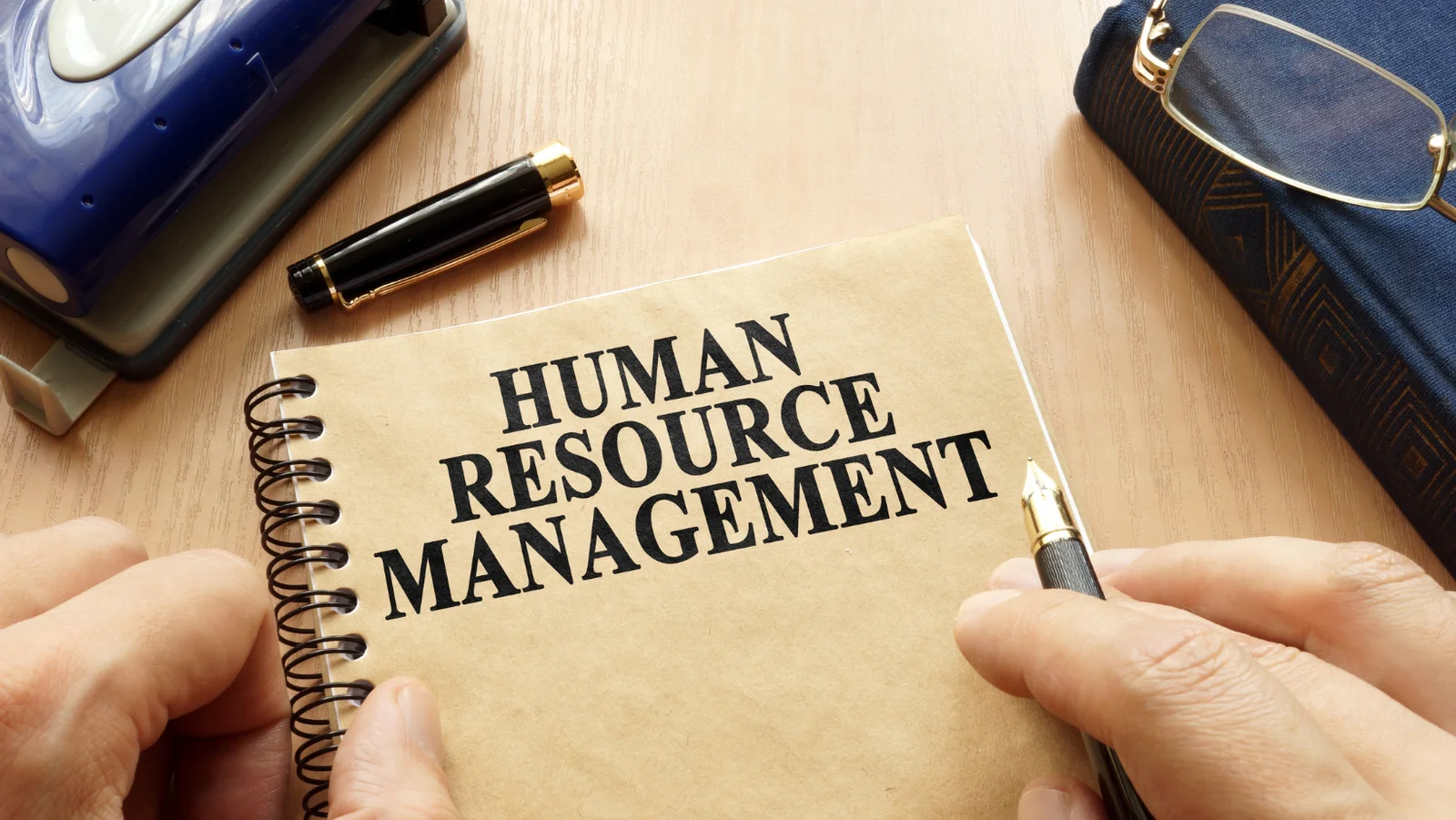
Human Resource Management (HRM) plays a crucial role in ensuring the smooth functioning of an organization. The right HR decisions can drive business success, while the wrong ones can lead to setbacks. Managing personnel is one of the most challenging aspects of HR, as every individual has unique characteristics, skills, and aspirations. To tackle these challenges, many businesses now integrate psychology into HRM, even hiring psychologists to improve hiring and management strategies.
Below are the key operative functions of HRM that contribute to business growth and employee well-being:
1. Designing an Effective Recruitment Process
Recruitment is the backbone of HRM—just as water is essential for life. It involves multiple steps, including:
✅ Job posting and description writing
✅ Screening and shortlisting candidates
✅ Conducting interviews and assessments
✅ Salary negotiations and final job offers
Identifying candidates with the right skills, experience, and cultural fit is a complex process. HR professionals must continually develop and refine recruitment strategies to meet evolving job market demands.
2. Training and Development
Once candidates are hired, the HR team is responsible for their training and development. A structured onboarding and training program helps new employees integrate into the organization and enhances their productivity. Key aspects of this function include:
✔️ Skill-building sessions and workshops
✔️ Performance monitoring during the probation period
✔️ Identifying skill gaps and addressing them through additional training
Training not only benefits new employees but also ensures the company maintains a highly skilled workforce.
3. Employee Growth and Professional Development
Beyond initial training, HRM is responsible for the continuous professional development of employees. This includes:
🔹 Performance assessments and feedback
🔹 Identifying career growth opportunities
🔹 Providing mentorship and leadership training
A well-planned development strategy fosters a culture of continuous learning and helps employees align their goals with the organization’s objectives.
4. Compensation and Benefits Management
An attractive compensation and benefits package is crucial for employee retention. HR professionals ensure that employees receive competitive salaries and additional benefits, such as:
✅ Flexible work hours
✅ Paid vacation and parental leave
✅ Health, dental, and medical insurance
✅ Education reimbursement for employees’ children
By evaluating job roles and performance, HRM ensures fair compensation while maintaining employee satisfaction and motivation.
5. Performance Evaluation and Management
Monitoring and evaluating employee performance is a core HR function. Organizations use both traditional and modern performance appraisal methods to:
✔️ Identify high-performing employees for promotions or incentives
✔️ Recognize underperformance and provide necessary training
✔️ Align individual performance with company goals
Regular feedback and performance reviews help employees improve and contribute more effectively to the organization.
6. Ensuring Legal Compliance
HRM plays a vital role in handling legal matters related to employment and workplace policies. HR professionals must stay informed about:
🔹 Employment laws and labor regulations
🔹 Workplace safety standards
🔹 Minimum wage and overtime policies
🔹 Tax allowances and benefits compliance
Ensuring compliance with local and state laws protects both the organization and its employees from legal complications.
Conclusion
The HRM department is the backbone of any organization, ensuring seamless recruitment, employee growth, performance management, and legal compliance. By implementing effective HR strategies, businesses can create a productive, engaged, and satisfied workforce—ultimately driving long-term success.